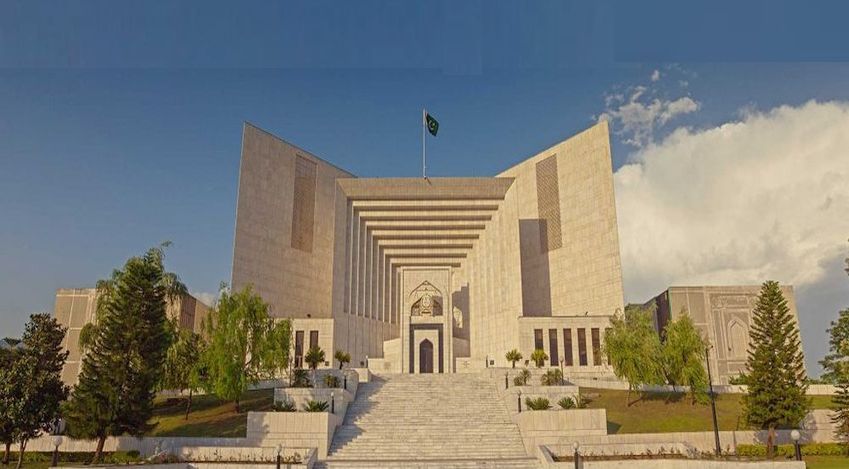Medical Evidence alone, while confirming the Cause of Death as Strangulation, was Insufficient to Identify the Perpetrator Conclusively --- Supreme Court of Pakistan
Islamabad 11-03-2025: The Supreme Court of Pakistan has set aside the death sentence of accused person, who was earlier convicted for allegedly murdering his wife. The apex Court highlighted severe procedural and evidentiary lapses, resulting in accused’s acquittal.
The accused person had been sentenced to death under Section 302(b) PPC by the Islamabad Sessions Court, a verdict subsequently upheld by the Islamabad High Court (IHC). The conviction was primarily based on accused’s alleged confession before police, recorded in an FIR. The accused person consistently denied making this confession, claiming instead that unknown assailants had murdered his wife.
The Supreme Court of Pakistan bench, comprising Mr. Justice Muhammad Hashim Khan Kakar, Mr. Justice Salahuddin Panhwar, and Mr. Justice Ishtiaq Ibrahim, critically examined the FIR and pointed out that it lacked accused’s signature or thumb impression. Underlining Article 38 of the Qanun-e-Shahadat Order 1984, the Court affirmed that confessions made to police are inadmissible as evidence.
The Court also criticized the prosecution’s failure to corroborate circumstantial evidence, such as independent witness testimony for the alleged recovery of the victim’s body, forensic evidence, and establishing motive. The absence of these critical elements severely weakened the prosecution’s case, prompting the Court to draw adverse inferences against the state under Article 129(g) of the Qanun-e-Shahadat Order.
Mr. Justice Ishtiaq Ibrahim noted in the judgment that medical evidence alone, while confirming the cause of death as strangulation, was insufficient to identify the perpetrator conclusively. Citing multiple precedents, including Muhammad Hassan Vs. The State (2024 SCMR 1427), the judgment underscored established legal principles regarding the admissibility and evaluation of evidence.
Consequently, the Supreme Court of Pakistan converted accused’s jail petition into an appeal, allowing it and ordering his immediate release unless required in any other case.
Powered by Froala Editor








